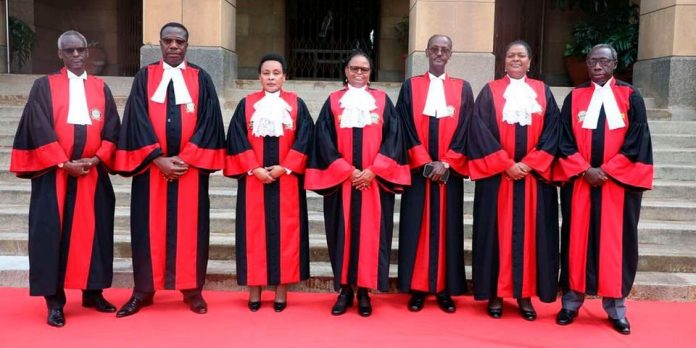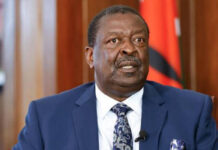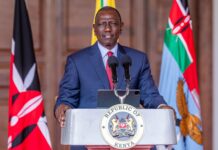
The Supreme Court of Kenya issued a full detailed judgment on the Presidential election petition 2022 and made seven recommendations relating to the electoral commission’s corporate governance.
The first recommendation is that “Parliament should consider strengthening the statutory and regulatory framework governing the IEBC’s separate policy and administrative responsibilities.”
It also states that the IEBC Chairperson, Commissioners, Chief Executive Officer, other staff, and third parties’ roles should be clearly defined in both legislative and administrative mandates.
The seven Supreme Court Judges had summarized Raila’s petition to nine issues for determination in an attempt to weigh the weight of the 2022 presidential election petition.
Surprisingly, the petitioners lost in all of the nine issues for determination hence failing terribly to convince the Court that indeed the August 9, 2022 general elections were marred with irregularities and that the 5th president of the republic of Kenya was illegally declared the winner.
The seven judges unanimously upheld His Excellency William Ruto and Rigathi Gachagua’s win in the general election.


















